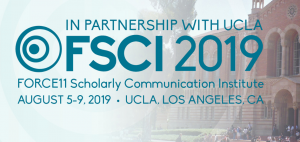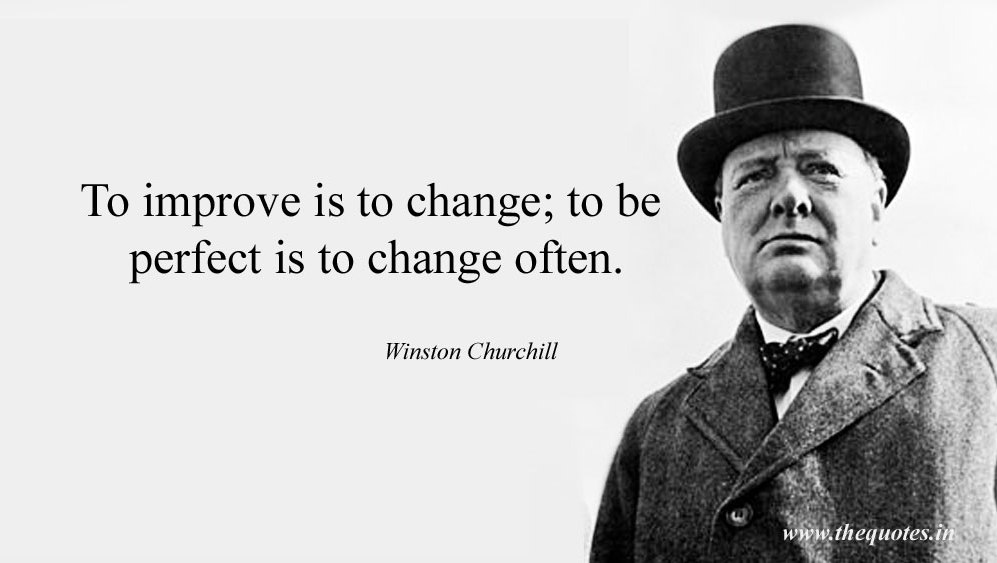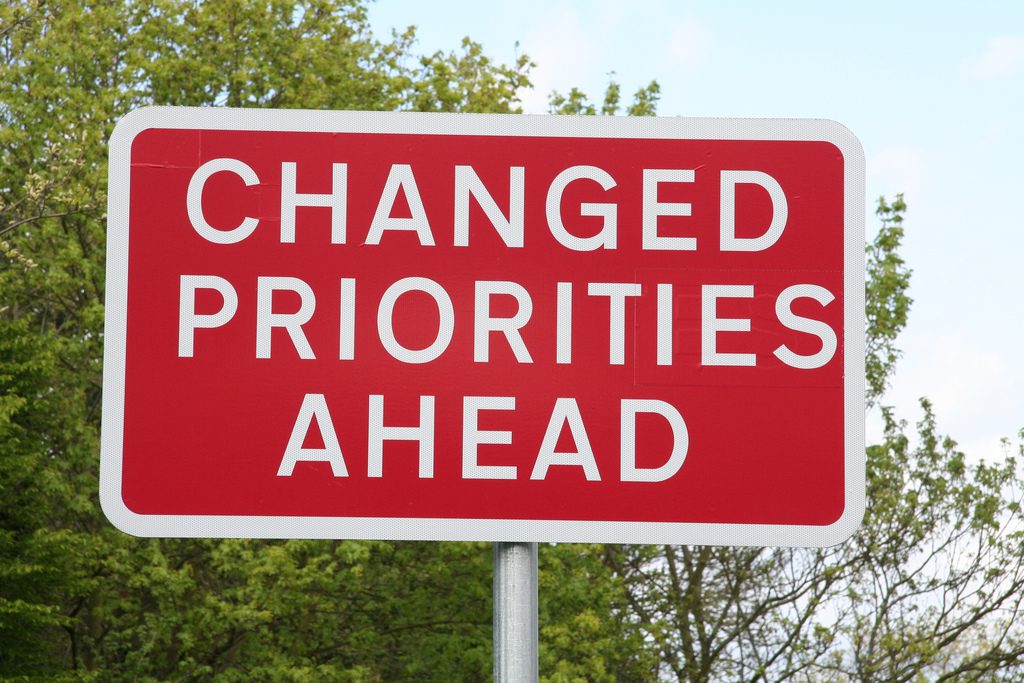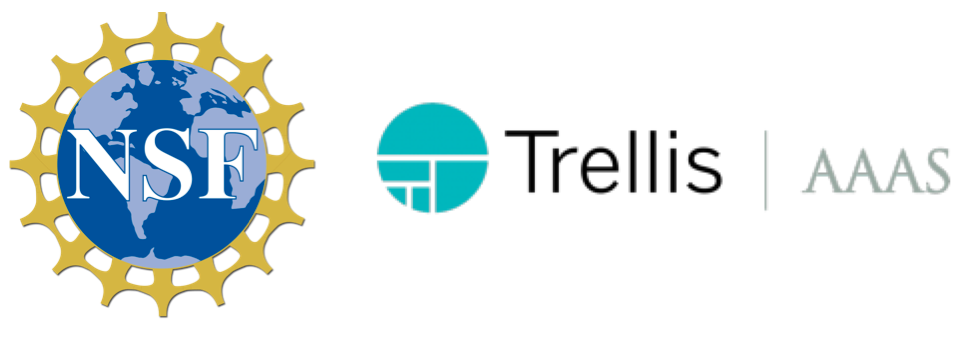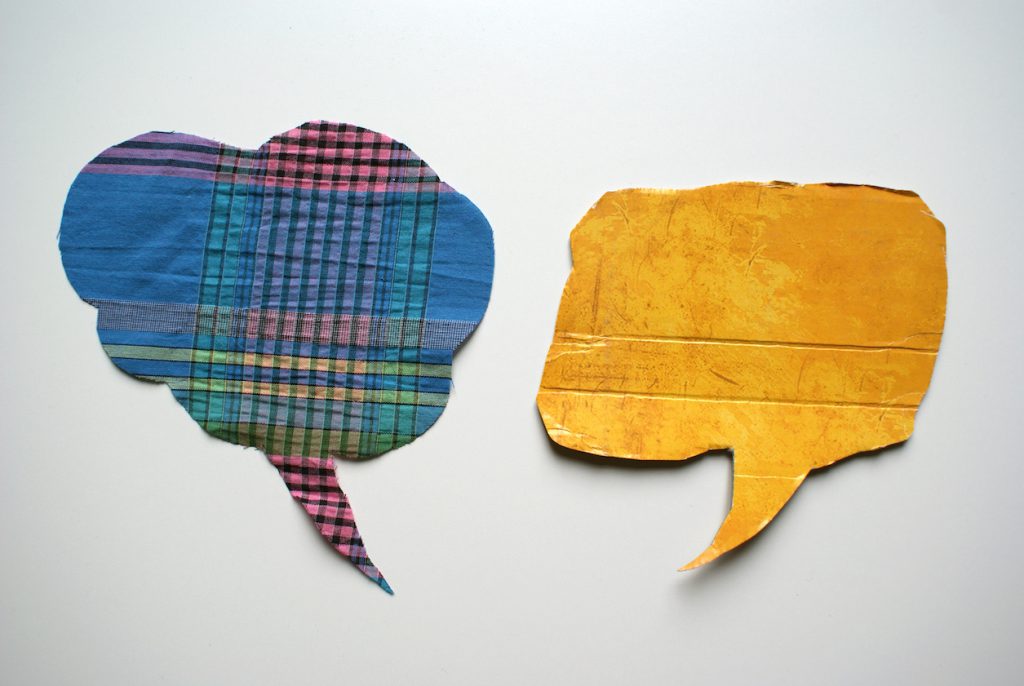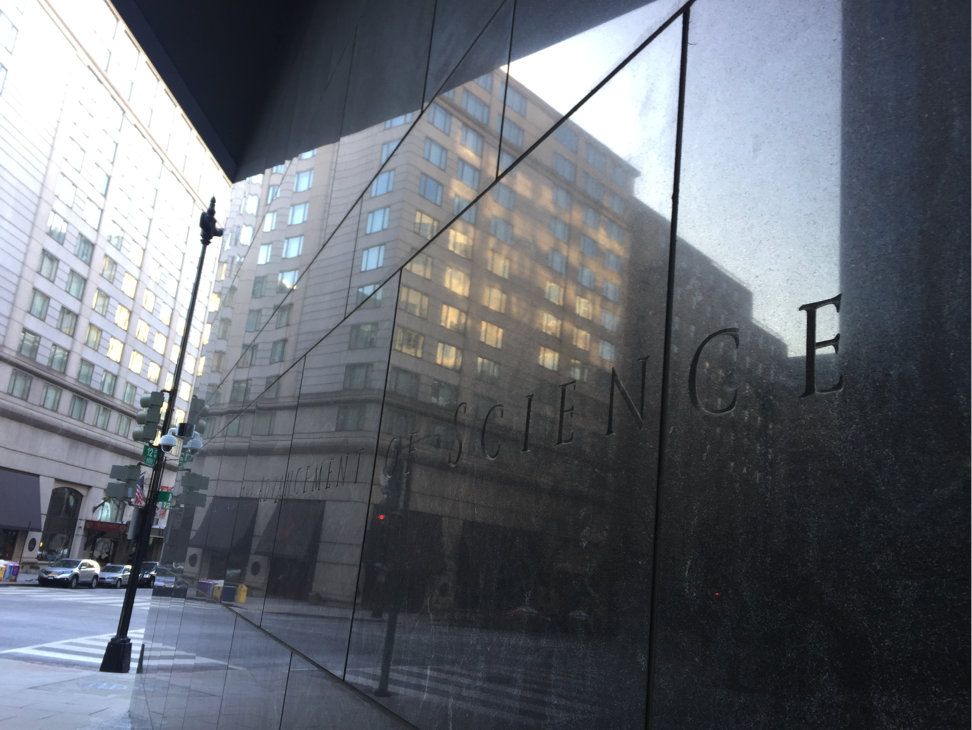We’re excited that the CSCCE team continues to grow, and this week we welcome Jenny East onboard as CSCCE’s newest trainer. Jenny will join lead trainer Camille Santistevan, along with center director Lou Woodley, in developing and facilitating CSCCE’s modular, online trainings and client-facing support.
About Jenny
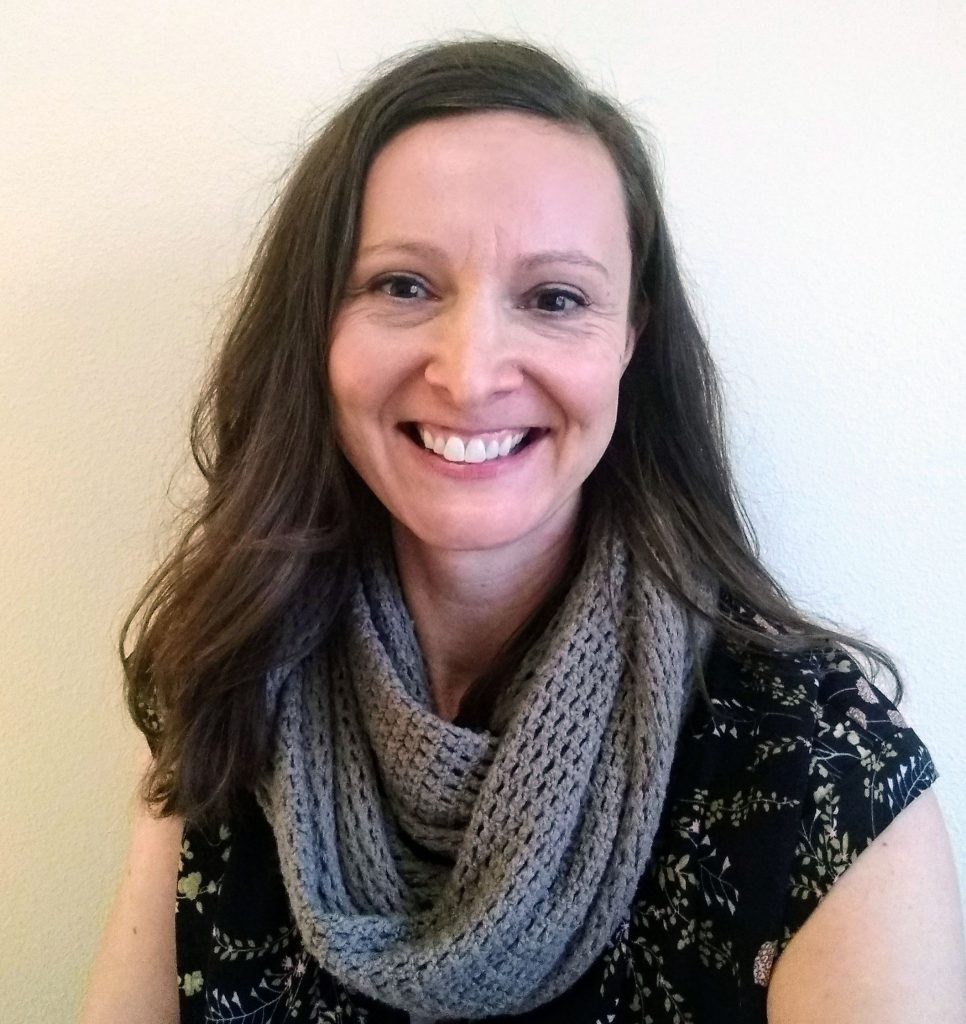
Before joining the CSCCE team, Jenny spent over five years as an outreach coordinator for Oregon Sea Grant at Oregon State University, USA. In this role, she worked to educate recreational boaters about preventing water pollution and how to reduce their impact on the local ecosystem, a mission she undertook through the development of materials and events to engage boating communities within Oregon. Her position also included training staff at local marinas so that they had the skills and resources they needed, as they also had a role in supporting healthy waterways.
